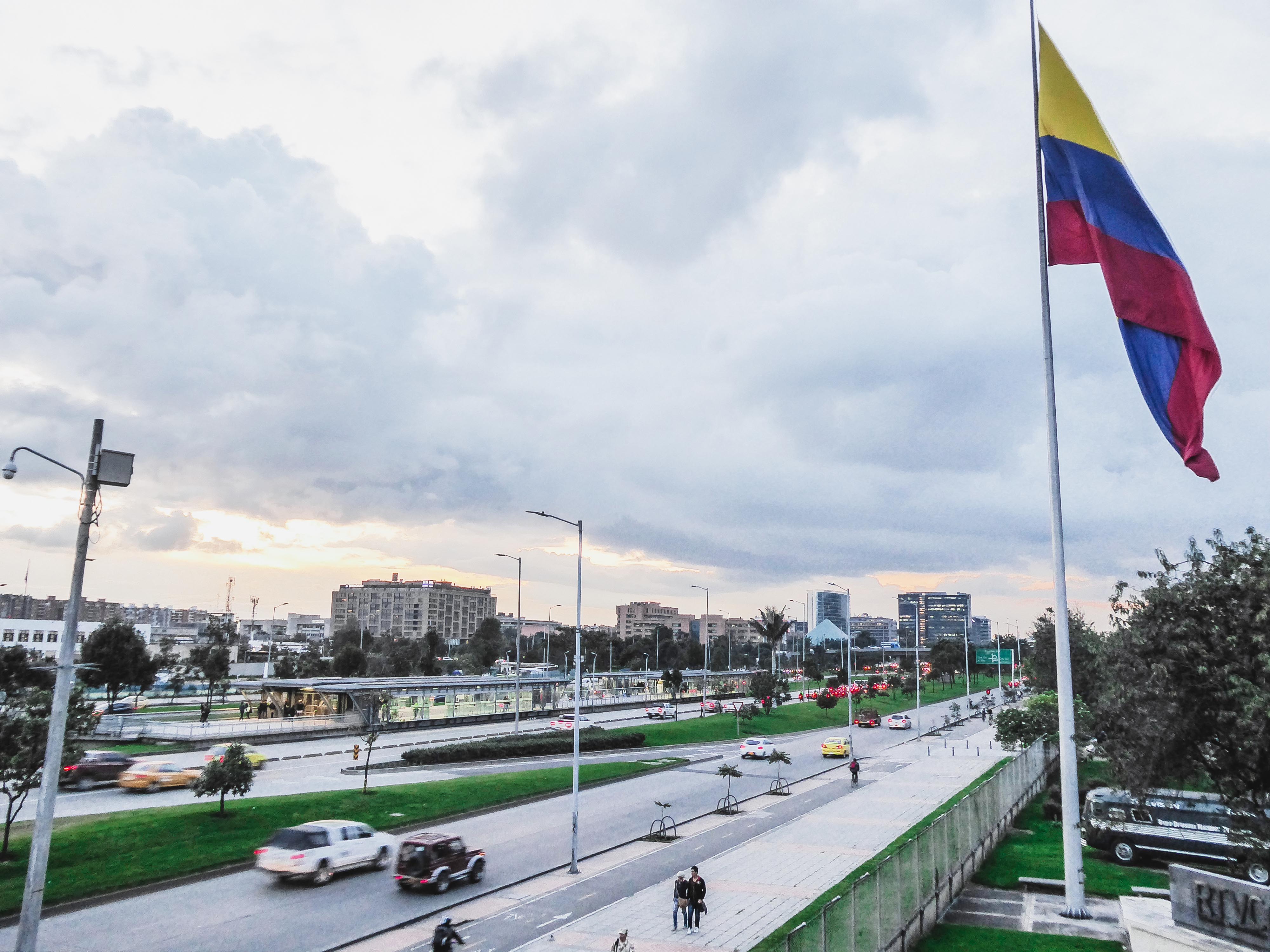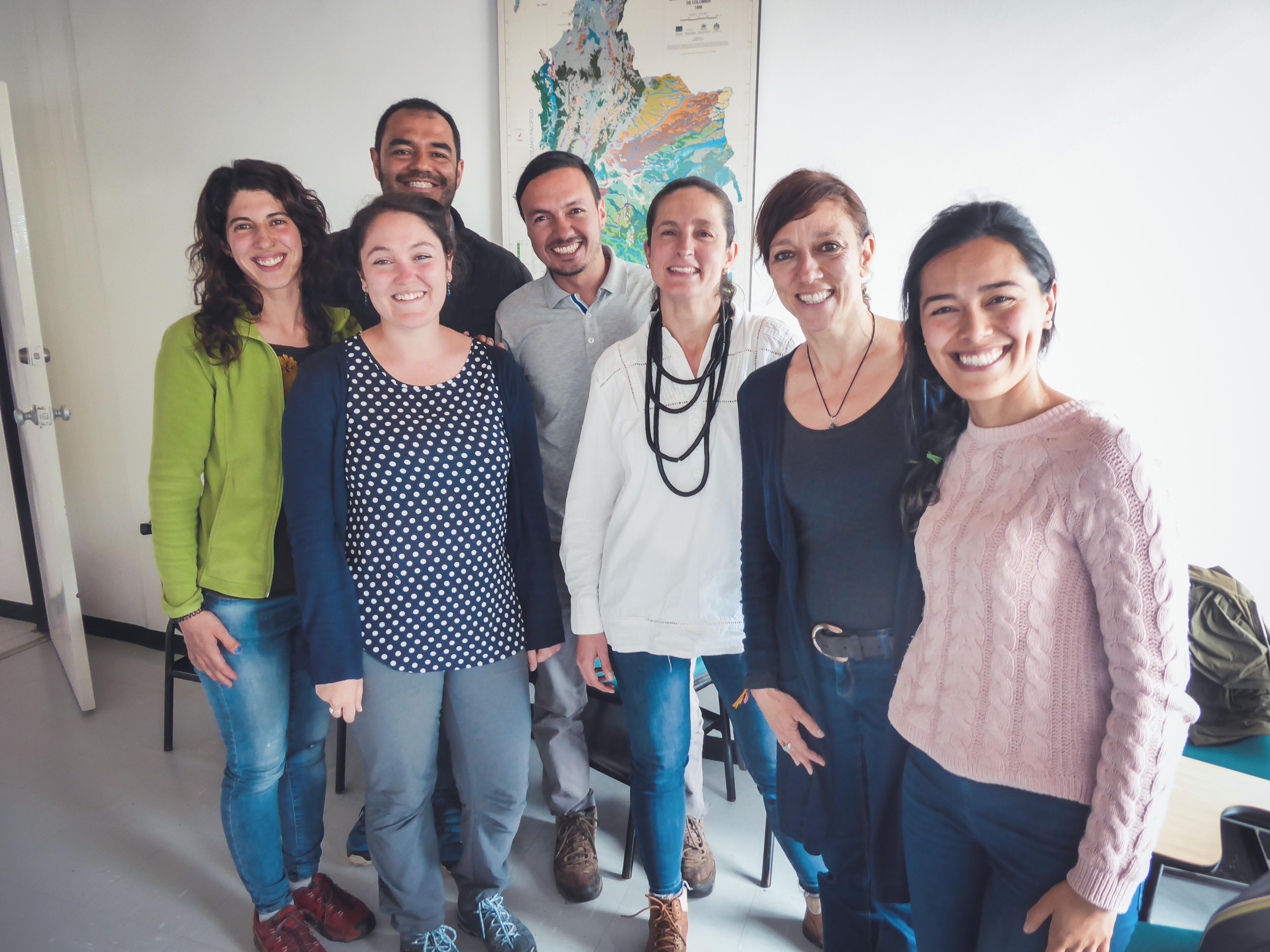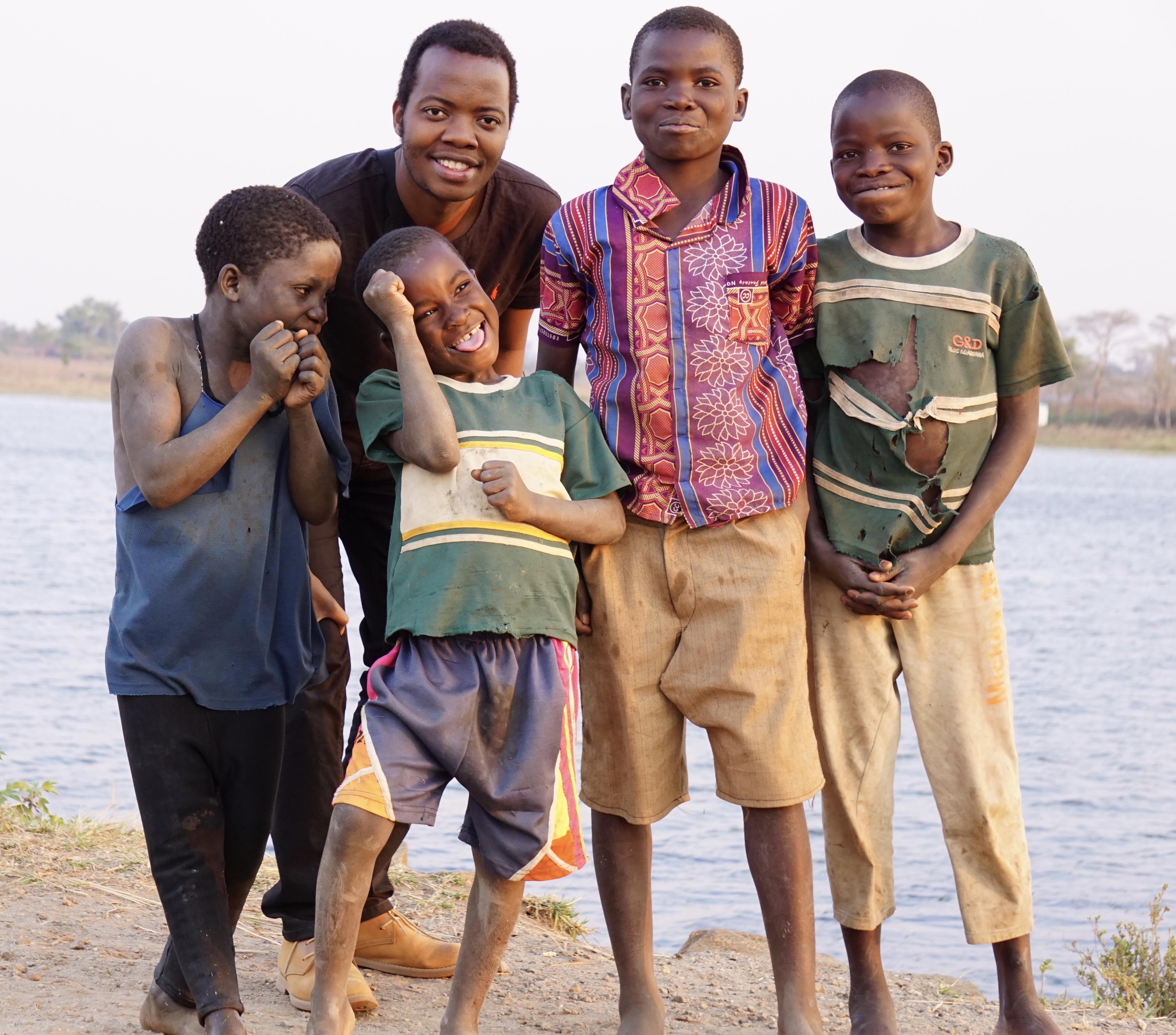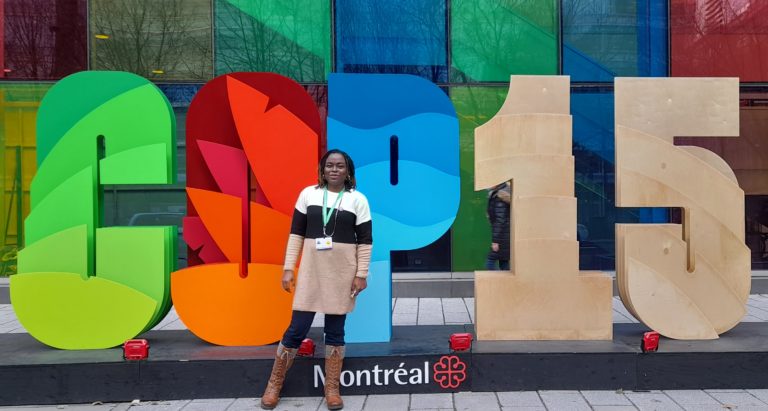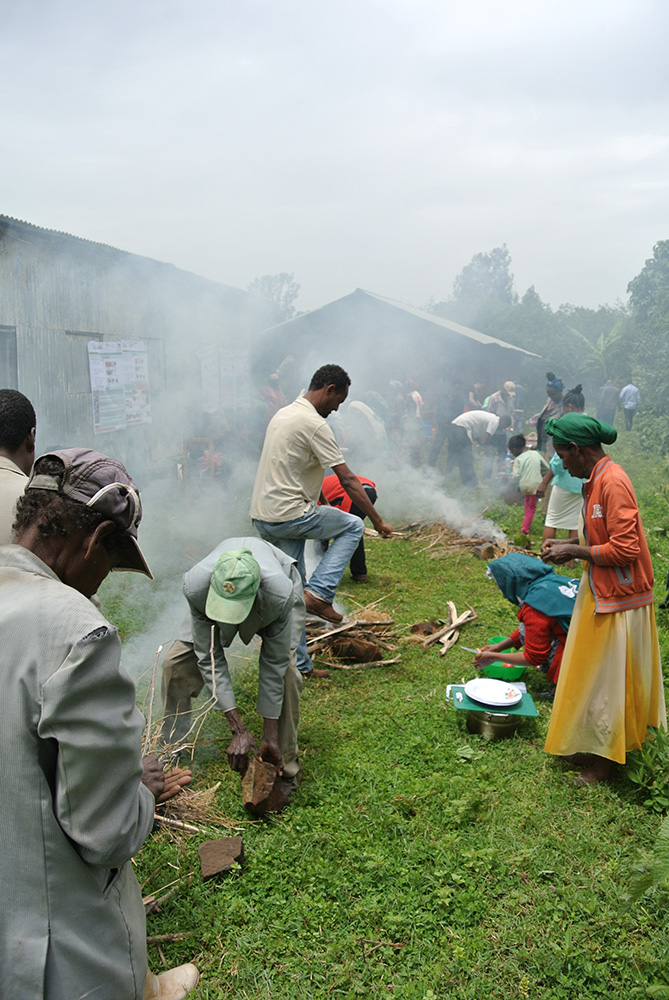New research program and scientific cooperation in Colombia
[aesop_image img=”https://blog.zef.de/wp-content/uploads/2018/07/P1000567_1.jpg” panorama=”off” align=”center” lightbox=”on” captionposition=”left” revealfx=”off” overlay_revealfx=”off”]
Colombia is a case in point for investigating environmental conflicts related to different development models in the global south.
New president endangering peace agreement in Colombia?
The conservative candidate and favorite of Alvaro Uribe, Iván Duque Marqués was elected for president on 17th of June. During the election campaign he announced in accordance with his political mentor Uribe and their party “Centro Demorático” to modify the peace agreement regarding the political participation and transitional justice for former FARC-Guerillas. Since the consolidation in 2016 the peace deal is a mile stone for ending the armed conflict, which started more than fifty years ago.
[aesop_image img=”https://blog.zef.de/wp-content/uploads/2018/07/P1000575_1.jpg” panorama=”off” align=”center” lightbox=”on” captionposition=”left” revealfx=”off” overlay_revealfx=”off”]
Peace agreement negotiated by diverse political actors
During the election campaign ZEF Junior Researcher Gina Chinchilla Salcedo organized on the 25th of April a dialogue between victims and actors of the armed conflict at the Center of Interdisciplinary Development Studies (CIDER) at the University of the Andes. Participants of the commission of the truth (Comisión de la verdad), of the movements of the victims and the representative of the military discussed challenges for reconciliation different strategies to integrate victims and actors and tried to come up with recommendation for the commission. One issue was to recognize all the victims with their particular experiences with the armed conflict in order to avoid the separation into primary and secondary victims. Gina Chinchilla is currently doing her research in ZEF on “Building resilient communities after the conflict in Colombia: narratives, memories, and identity”.
[aesop_parallax img=”https://blog.zef.de/wp-content/uploads/2018/07/P1000392_1.jpg” parallaxbg=”off” parallaxspeed=”1″ captionposition=”bottom-left” lightbox=”off” floater=”on” floaterposition=”left” floaterdirection=”none” overlay_revealfx=”off”]
University of Bonn and DAAD engaged in bilateral graduate school with UNAL
The bilateral doctoral studies support program on „Environmental peace building and development in Colombia” (DSSP) of ZEF at the University of Bonn and the Universidad Nacional, Bogotá, Instituto de Estudios Ambientales (IDEA) started by the end of 2017. The project focuses on the nexus of natural resources, governance and conflict in Colombia. The joint German-Colombian production of knowledge based on interdisciplinary exposure and integrative measures is the more important in a country in which the recently signed peace appraisal will be put to test by the way the society finds solutions for pressing issues related to conflictive extractive activities, environmental protection and not least the participation and inclusion of the population in decision making processes to reduce environmental conflicts. One of the main objectives of the project is to develop interdisciplinary, integrative and innovative approaches on environmental conflicts and development.
[aesop_image img=”https://blog.zef.de/wp-content/uploads/2018/07/P1000525_1.jpg” panorama=”off” align=”center” lightbox=”on” captionposition=”left” revealfx=”off” overlay_revealfx=”off”]
Face to face with Colombia
Researcher from ZEF traveled to Bogotá from the 21st of April for three weeks to teach at the collaboration institute IDEA and visit different branches of the Universidad Nacional in the country. The embeddedness of environmental scientists of IDEA is impressive: In Manizales scholars conceptualize new approaches towards environmental thinking and alternatives to development from a Latin American perspective. In Palmira a group of interdisciplinary scientists work together with displaced farmers who try to develop new livelihoods by engaging in sustainable and organic farming including Coca cultivation as part of diversified and locally adapted agriculture. The Coca plant here has a symbolic meaning and is respected for its curative power.
As part of the trip ZEF intern Claudia Leifkes worked two weeks at the IALA (Instituto Agroecológico Latinoamericano) to get in touch with decolonized agricultural practices nearby Viotá.
From June to September 2018 a group of scientists from IDEA stay in Bonn to develop projects on peace building and development in Colombia to jointly find solutions for conflicts under conditions of continuous exploitation and destruction of the environment.
More information on the DSSP Project here: https://bit.ly/2LcYIS5
Blog by Eva Youkhana & Emilia Schmidt
[aesop_image img=”https://blog.zef.de/wp-content/uploads/2018/07/P1000578_1.jpg” panorama=”off” align=”center” lightbox=”on” captionposition=”left” revealfx=”off” overlay_revealfx=”off”]
[aesop_image img=”https://blog.zef.de/wp-content/uploads/2018/07/P1000090_1.jpg” panorama=”off” align=”center” lightbox=”on” captionposition=”left” revealfx=”off” overlay_revealfx=”off”]

